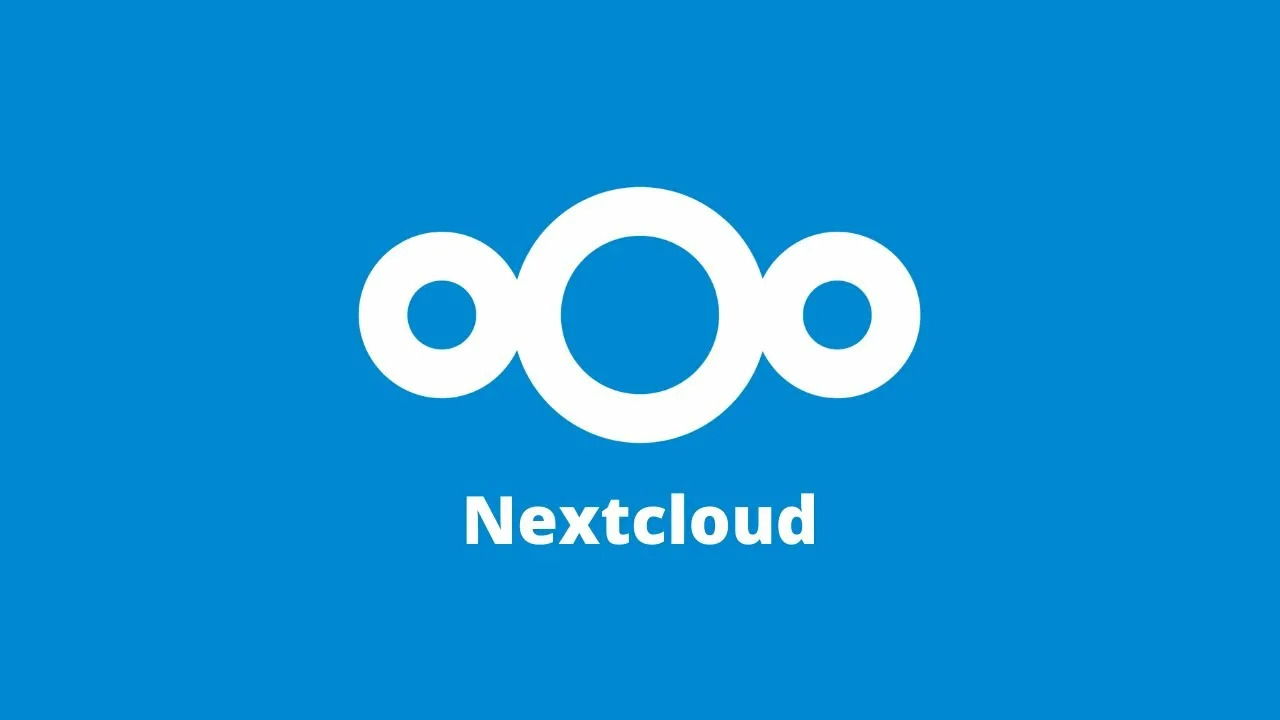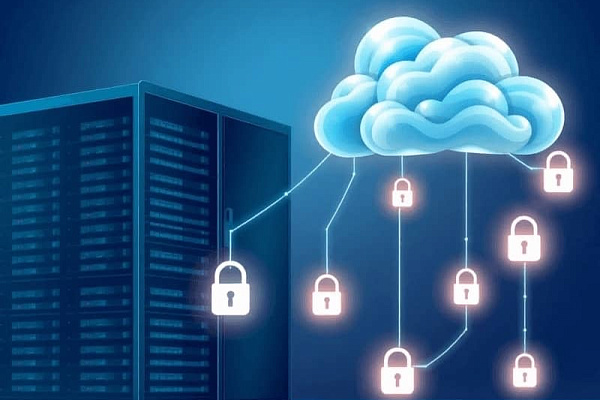Privacy and data access control have always been significant concerns. Nextcloud, a powerful storage and collaboration solution, offers the functionality to set up your own mail server. In this article, we will closely examine how to establish a Nextcloud-based mail server, the benefits it provides, and who will find it most suitable.
Nextcloud Features

Nextcloud offers a robust mail server that prioritizes security and data control. Unlike public services like Gmail or Outlook, Nextcloud allows you to store emails on your own servers, implement encryption, and flexibly configure access policies.
Additionally, Nextcloud features deep integration with other tools such as calendars, tasks, video conferencing, and file storage, making team collaboration effortless.
From a cost perspective, Nextcloud is more economical than commercial solutions like Google Workspace, as there are no per-account fees. Small and medium-sized businesses (SMBs) often choose it to reduce expenses without sacrificing functionality. Moreover, its open-source code helps eliminate vendor lock-in.
For those who prefer not to handle server configuration themselves, Cloud4Y offers ready-made solutions based on Nextcloud, complete with support and guaranteed stable operation. This option is ideal for companies that value security, integration, and control but may not want to navigate the technical details. For a deeper understanding of Nextcloud's features, refer to the article What is Nextcloud?
Why choose a Nextcloud mail server?
With Nextcloud, you remain the sole owner of your email. Full control over your data is crucial for businesses that manage sensitive information. The mail server integrates seamlessly with other Nextcloud services, providing users access to:
-
Calendars and contacts
-
Cloud storage
-
Document collaboration
-
Video conferencing
You can set up an unlimited number of mailboxes, create your own domains (e.g., @company_name.com), and organize email filtering and forwarding.
Security and confidentiality are indispensable benefits of this solution. Server-side encryption, support for PGP, and the absence of advertising and tracking make Nextcloud an incredibly convenient option for a mail server.
Moreover, running a Nextcloud mail server in-house is often less expensive than alternative solutions, especially for larger user groups. However, other options exist, such as Cloud4Y’s corporate mail based on MS Exchange.
What you need to run Nextcloud?
To operate your mail server efficiently on Nextcloud, we recommend the following specifications:
Hardware:
-
4+ CPU cores
-
8+ GB RAM
-
50+ GB SSD (depending on email volume)
Software:
-
Nextcloud 23+
-
Nextcloud Mail Module
-
SMTP server (e.g., Postfix)
-
IMAP server
-
Anti-spam server
-
Antivirus server
Cloud4Y can assist you with anti-spam and antivirus solutions, or you can opt to use your own.
How to configure a mail server on Nextcloud
1. Nextcloud Installation
If you haven’t installed Nextcloud yet, begin with a basic installation on your server. If this is your first time, check out our installation guide.
2. Install the Mail Module
In the Nextcloud admin panel:
-
Go to the 'Applications' section
-
Find 'Mail'
-
Install and activate the desired application; we recommend RoundCube Mail.
3. Set Up SMTP and IMAP
# installation example Postfix и Dovecot на Ubuntu
sudo apt update
sudo apt install postfix dovecot-imapd dovecot-pop3d
After installation, you will need to customize the configuration files for these services.
4. Configure DNS Records
To ensure proper mail operation, add several DNS records to your domain:
-
MX record – points to the mail server
-
SPF – prevents spoofing
-
DKIM – provides a digital signature for emails
-
DMARC – defines your mail handling policy
5. Security Configuration
Essential steps include:
-
Configuring SSL/TLS certificates (using Let’s Encrypt is advisable)
-
Setting up a firewall (open ports 25, 143, 587, 993)
-
Configuring anti-spam filters
Nextcloud Use Case
This solution is primarily designed for small and medium-sized businesses that seek to avoid dependency on large providers while acquiring a tailored email solution with a strong focus on security.
IT companies and developers will also appreciate Nextcloud’s capabilities in organizing test environments and developing products that require email functionality and data collaboration.
If setting up and maintaining your server seems daunting, consider using a ready-made solution from Cloud4Y that offers:
-
Pre-configured Nextcloud images with a mail server
-
24/7 professional technical support
-
Scalable infrastructure
-
Regular backups
With Cloud4Y, you get all the benefits of having your own mail server on Nextcloud without having to worry about the technical details. Our experts take care of the security, performance and availability of your mail system.
Bottom line
Having your own mail server on Nextcloud is a convenient solution for those who value control over their data and are willing to invest in their digital independence. Although it does require some technical knowledge to set up, the result is well worth the effort - you get a fully controlled, secure email system that is integrated with other services.
For organizations that want to deploy Nextcloud quickly and easily, Cloud4Y offers a turnkey solution with professional support. It is the perfect balance between the control of your own server and the convenience of a managed service.



